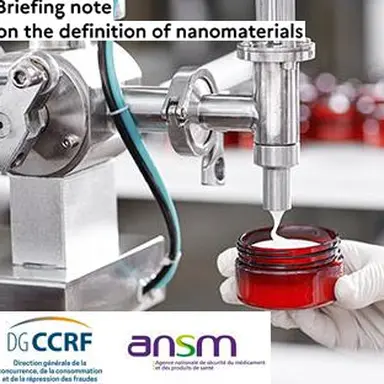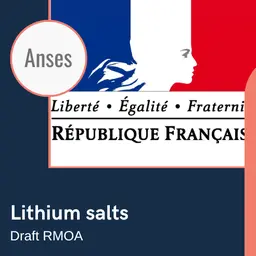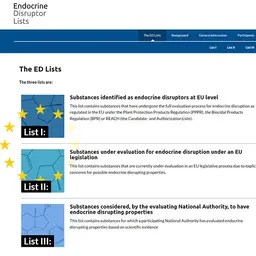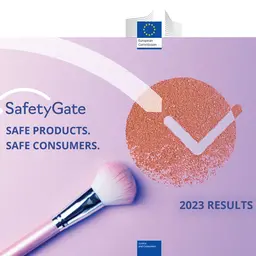
On July 19, 2021, the French ANSM and the DGCCRF published a joint briefing note intended to “provide an educational presentation of the terms of the definition of the Cosmetics Regulation (relating to nanomaterials) based on the control practice of the French market surveillance authorities.” It reviews the regulatory framework currently applied to checks and inspections carried out by the French authorities and indicates that it is also intended to contribute to the ongoing discussions at European level.
After some general points on the regulation that currently applies to cosmetic ingredients in nano form, this text confirms the position of French agencies regarding the absence of threshold in the definition of the Cosmetics Regulation, unlike other definitions that refer to a fraction greater than 50% of particles smaller than 100 nm: they consider that a substance is nano from the first nanoparticle, with however a “tolerance” of 10%.
They also reaffirm that they take into account the size of the internal structure of particles, and not the agglomerated or aggregated structures.
They also recall the principle of intentionality, by targeting the stage of manufacture of the material, indicate the methods of analysis that they recommend, and end by making a point on the general obligation of information of suppliers throughout the chain.
Fulle text of the Briefing note
Purpose
This briefing note, which draws on practical checks and inspection work carried out by the French market surveillance authorities, provides interested stakeholders with an informative overview of the wording of the definition of nanomaterials in the Cosmetics Regulation, including the scope of the definition, the associated analytical methods and the responsibilities placed on suppliers. Specifically, it should assist Responsible …














